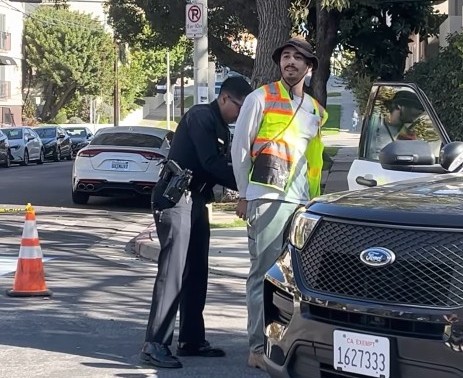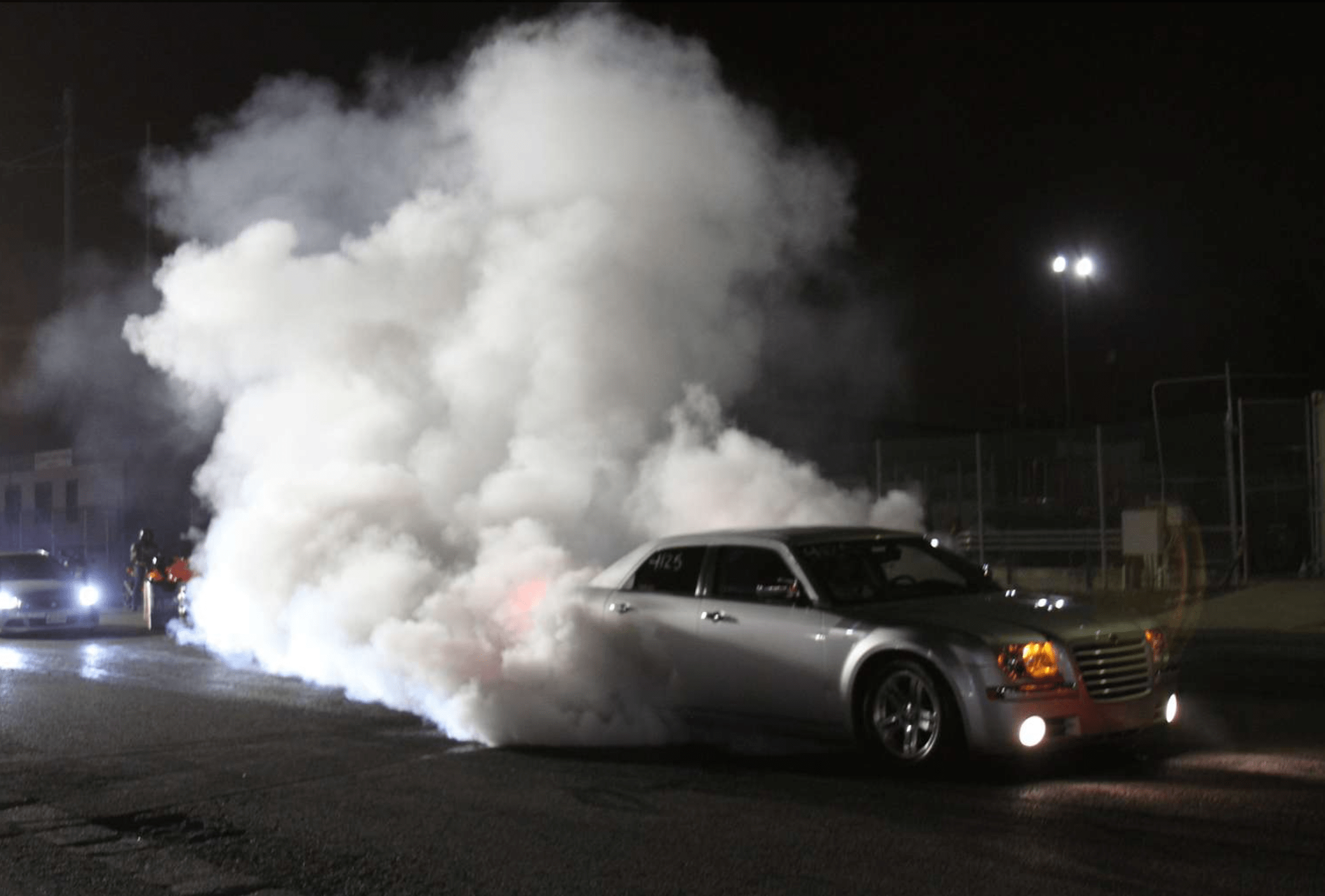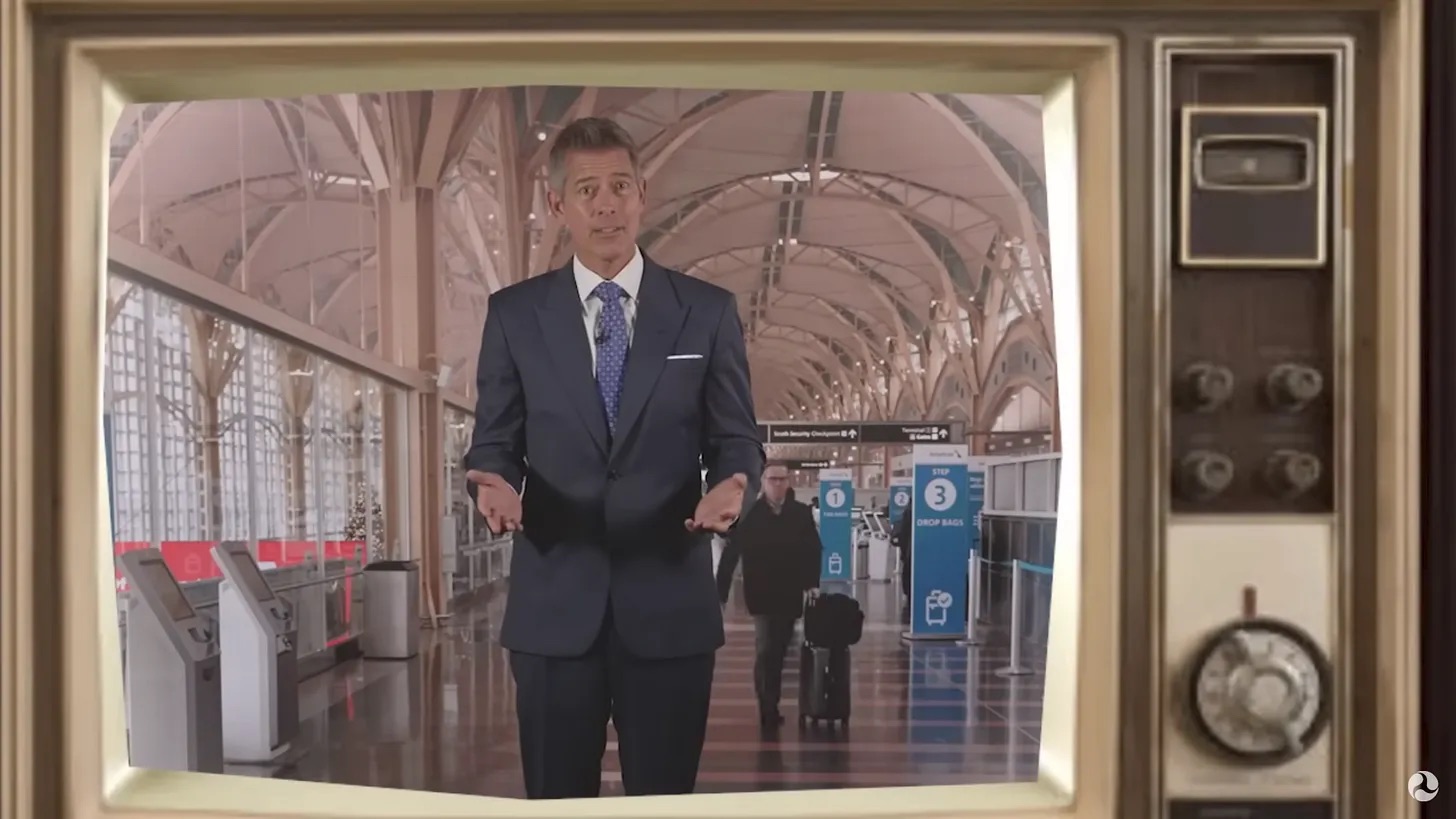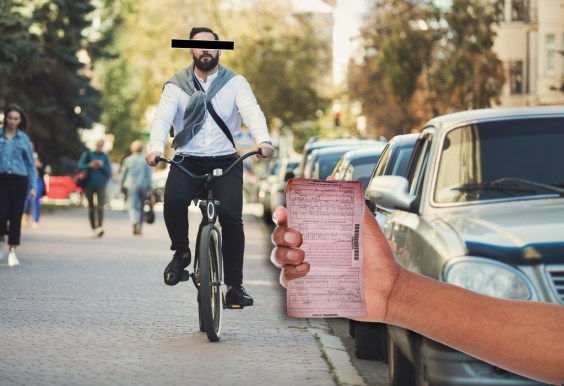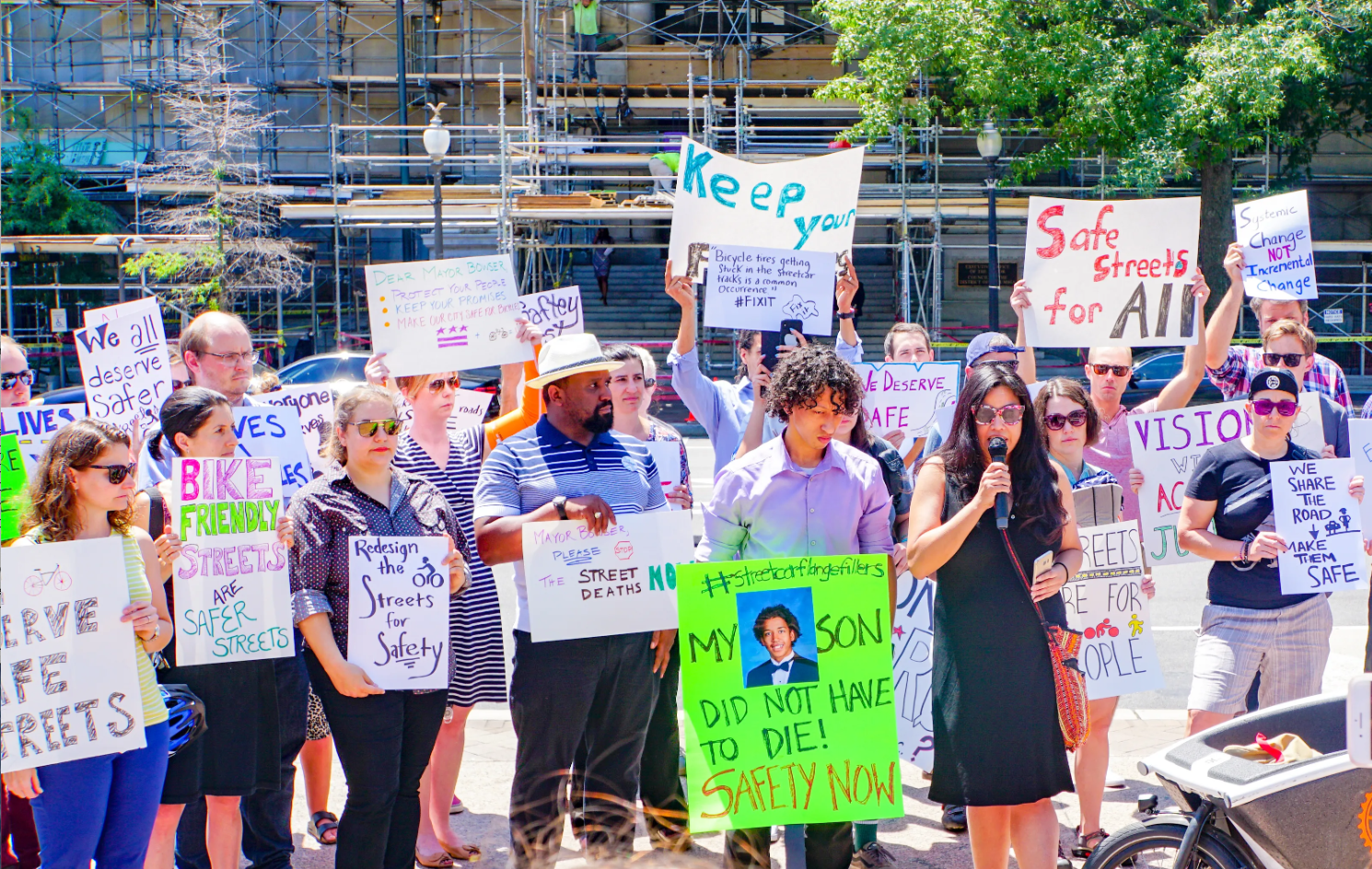In an effort to improve safety and urban livability, the city of Chicago has been rolling out its first speeding cameras in recent months, exclusively in school zones and near parks. And lo and behold, a lot of people are breaking the law and driving dangerously.
The Chicago Tribune reports that revenues from these cameras are many times higher than anticipated:
The mayor had hoped to bring in $30 million this year. But results from a month-long test of the automated camera system indicate the city could reap well into the hundreds of millions of dollars in the program’s first year.
As we reported recently, both the Insurance Institute on Highway Safety and the Governors Highway Safety Association say the evidence is irrefutable: automated traffic enforcement cameras save lives. Network blog Systemic Failure says, given the benefits, it's a small wonder more communities aren't embracing this tool:
Even accounting for the road lobby, it is still hard to understand why governments aren’t doing more with speed enforcement. It is a win-win situation -- more revenue and safer streets.
Elsewhere on the Network: Reconnecting America shares a new study examining the impact of transit-oriented development on housing prices. Together North Jersey explores strategies for redeveloping abandoned retail spaces, or "greyfields." And Cascade Bicycle Club wonders whether Seattle can make a conscious decision to build a healthier transportation system, like the Dutch did a generation ago.

